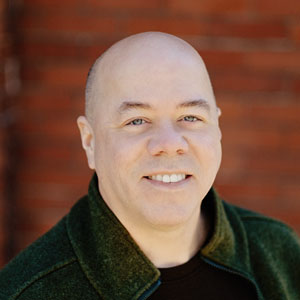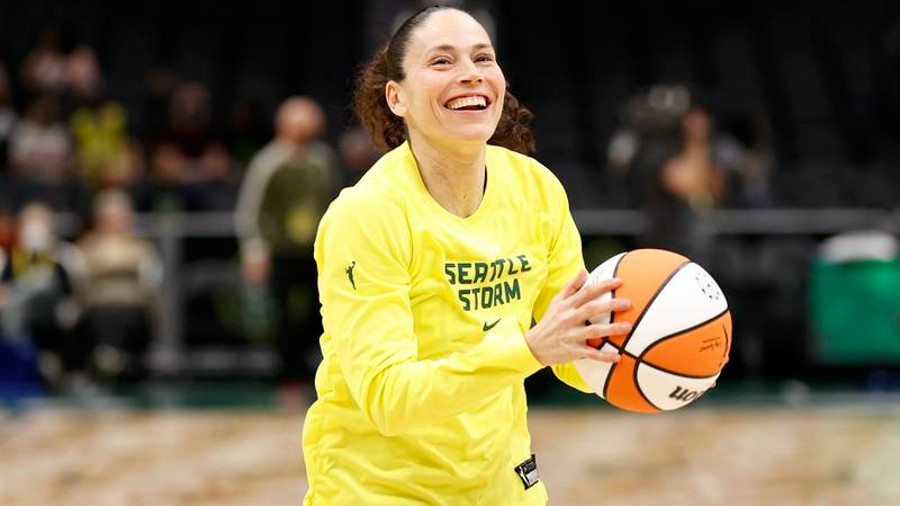Mayor Ed Murray re-election campaign has everything but an opponent
Jan 16, 2017, 5:42 AM | Updated: 11:03 am

(AP)
(AP)
As he begins ramping up a campaign for a second term, Seattle Mayor Ed Murray has a quarter of a million dollars in his campaign bank, the seemingly broad support of labor, a package of successful, first-term initiatives and a benign city council.
Indeed, Murray seems to lack only one major component as he seeks to run for the job he’s held since 2014: Any opposition candidate on the horizon.
“Um, I don’t know of anyone,” offered Nicole Grant, the executive secretary-treasurer of the King County Labor Council, a labor group that expects Murray to seek its endorsement. “There’s still some time left but no one comes to mind.”
Related: Seattle decides to ditch its bike share program Pronto
Nor does anyone come to mind from the business groups generally courted by prospective candidates. “We haven’t heard of other candidates at this point,” said Alicia Teel, director of communications for the Seattle Chamber of Commerce.
Names that were floated at one point or another — Councilmembers Mike O’Brien, Tim Burgess and Kshama Sawant – all have given zero indication that a run for mayor’s seat is likely. Indeed Burgess is retiring from city politics altogether.
Mayor Ed Murray campaign
Sandeep Kaushik, the mayor’s political advisor who will run the re-election effort, said Mayor Ed Murray is treating the upcoming campaign as if an opponent is going to surface at some point.
“We haven’t seen a serious opponent emerge yet but there’s a long time to go before the filing deadline,” he said. “Our assumption is that we’re going to have serious opposition and we’re going to campaign hard and work hard to talk to voters to get their support.
“The mayor believes you should never take the support of the voters for granted.”
Both Murray’s supporters and detractors have joked recently that the mayor’s re-election kickoff effort can be seen in the drifts of salt on many Seattle streets when freezes or snow are predicted. Former Mayor Greg Nickels famously lost his 2009 re-election campaign, in part, because his administration declined to salt the streets before a record Seattle snow.
The subsequent snowfall and sheet ice paralyzed Seattle traffic and transit for days. And Nickels is hardly the only mayor who lost an election because of an inadequate response to snow.
Along with de-icing salt, Murray plans to hang his campaign effort on a handful of policy successes: The city’s $15 minimum wage; the Pre-K initiative, the Secure Scheduling and Sick Leave ordinances.
“The mayor has a very strong track record of progressive achievement in his first term,” Kaushik said. “Mayor Murray is a mayor who believes in active and activist government.”
While critics hold the oft-delayed Bertha tunnel dig, uneven response to homelessness, workplace initiatives that have angered business owners and an increasingly unaffordable Seattle as his liabilities, no candidate has emerged to build a campaign on these issues.
Not yet, anyway. The filing deadline isn’t until June and the primary is August. But it is this time of year when candidates begin sending out feelers to gauge support and build a campaign staff.
And while no opponents have emerged yet, Murray is taking no chances. A recent poll by Murray’s campaign staff shows the mayor at a 60 percent approval rating. And $51,000 worth of fundraising in December alone isn’t just for upcoming campaign expenses – it’s also there to intimidate any prospective, unannounced candidates.
Noted Kaushik: “We think we’re off to a great start and we’re going to build on it.”













